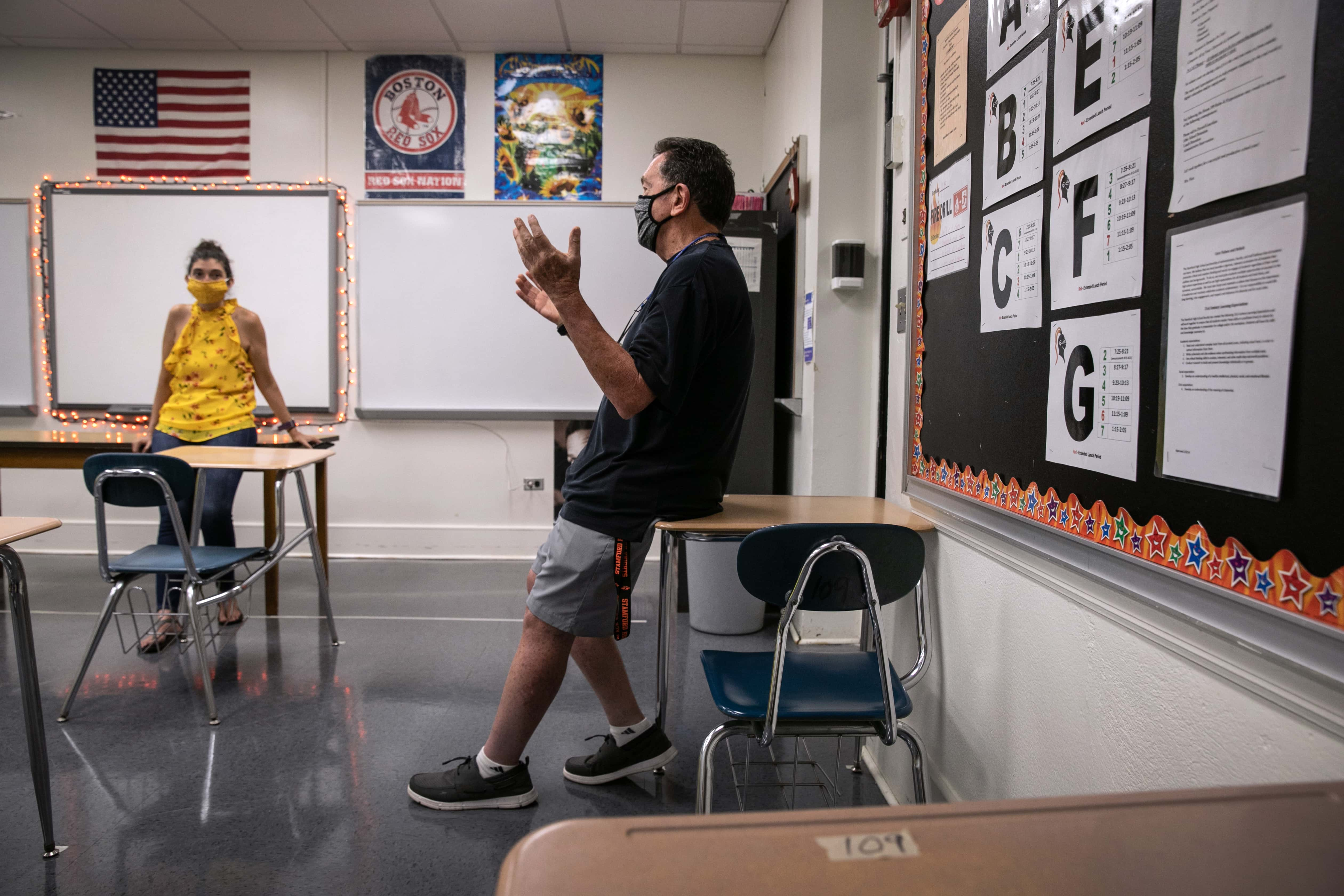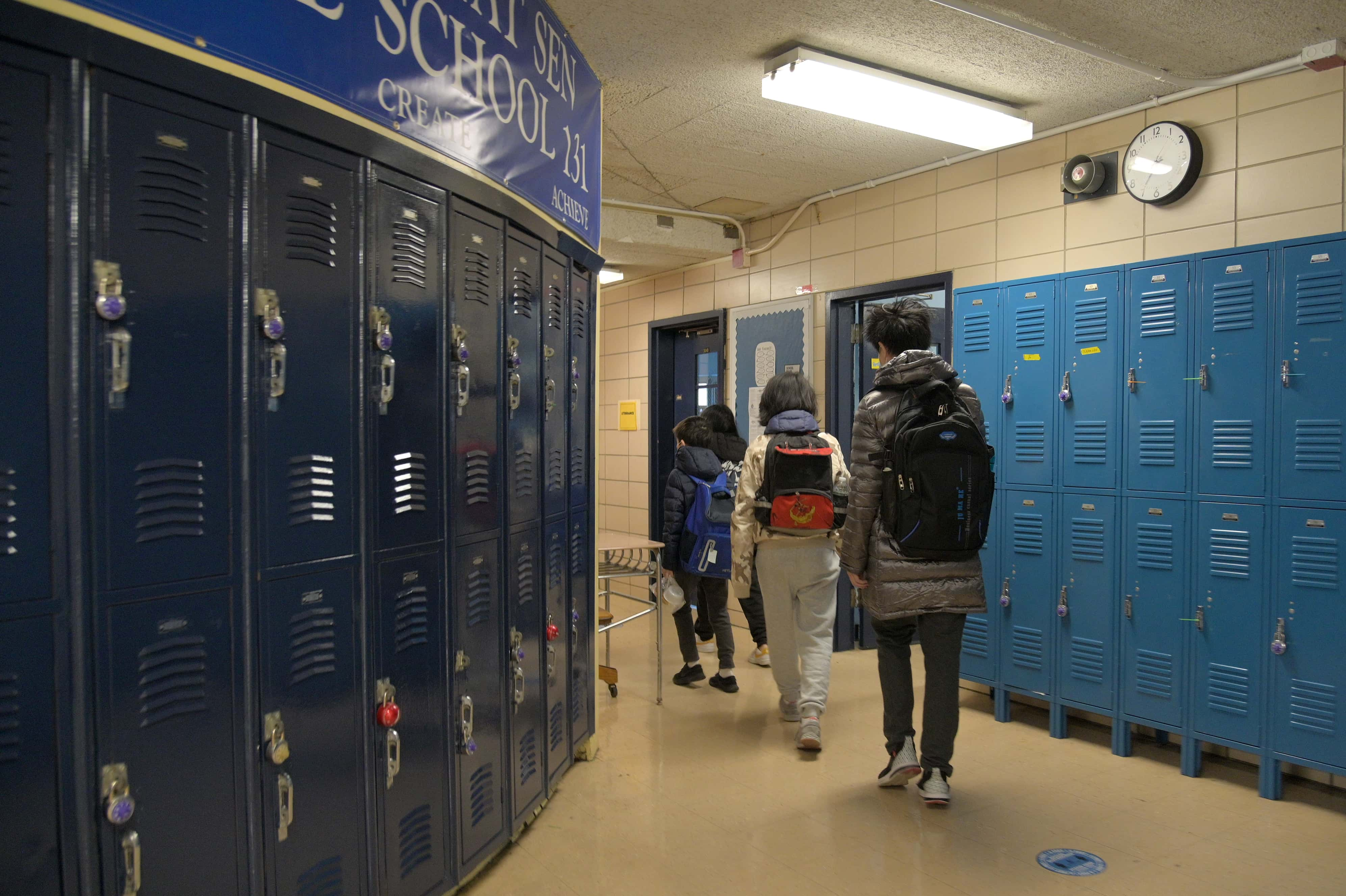NO FAILURE LEFT BEHIND: Woke California schools STOP teachers from giving D and F grades

Back in October 2021, we reported that the Sunrise Park Middle School in White Bear Lake, Minnesota had removed the F grade to "tackle systemic racism". It's unclear if the move will have the intended effect, but it hasn't stopped other school districts from adopting similar policies. On December 13, it was revealed multiple California school boards are eliminating the D and F grades, and instead allowing students to retake exams and assignments.
The change is just one of the many methods woke school districts are adopting in recent months, to help level the playing field. In April 2020, one Ohio high school even binned its valedictorian honor citing mental health concerns. To be clear, the pandemic has made educational access worse for lower-income students, as many have struggled to stay connected for virtual classes. But the changes being proposed, go beyond that. In fact, one Arizona State University professor went so far as to call the current system "racist", which obviously stirred up quite a debate.
RELATED ARTICLES
Teacher claims she was fired after she graded students with a zero for not submitting their homework
The pandemic has no doubt left educators with big questions of how best to adapt to the changing times, but it appears that not everyone is focused on the same issue. That certainly appears to be the case in the LA, Oakland, Sacramento, and Santa Ana school districts, who are decided students shouldn't be allowed to fail.

'Idea is to encourage learning' say proponents
The change was reported by Ed Source on December 3, noting that it was being "considered". Reportedly, the districts would bin D and F grades, and instead offer students a chance to retake the test or assignment. If a student still fails to pass, they would instead earn an "incomplete". "The idea is to encourage students to learn the course material and not be derailed by a low grade," Ed Source reported.
Nidya Baez, assistant principal at Fremont High in Oakland Unified, defended the move telling the publication, "Right now, we have a system where we give a million points for a million pieces of paper that students turn in, without much attention to what they’re actually learning." She was backed by Devin Vodicka, chief executive of the non-profit Learner-Centered Collaborative who said, "the future is going to require less focus on time and more focus on what we can do and contribute, and the quality of our performance. We need to prepare our students for this."

Effectively, the model is a stepping stone towards an entirely different system of learning - one that emphasizes what is learned over grades. It's known as competency-based learning and has slowly been gaining momentum nationwide. By doing so, proponents are hoping they can re-engage students after a year of online education, and also help minority and low-income students learn on a more level playing field.
'It is the equivalent of lying'
However, not everyone is convinced this is actually a great idea. Debora Rinehart, a math and science teacher in Oakland said, "Not reporting Ds and Fs is the equivalent of lying about a student’s progress." Other critics have said it "dumbs down education" and leaves students unequipped to deal with the realities of the world. But those concerns have been brushed aside, with one educator telling The Daily Mail, "No one is saying water down grades. This is about giving support, not lowering standards."
Instead of just using grades to determine a student's higher education options, the system would instead emphasize on submitting essays, video presentations, projects, and other material to showcase "what a student can actually do, not a teacher’s interpretation based on a limited grading scale." Despite the criticism, competency-based learning has quickly become a widely adopted system all over the US.
In 2020, San Diego Unified School District adopted the policy, as did New York City's Department of Education. In a way, it does also appear to tackle systemic racism. Before adopting the policy, research by the San Diego district found that "Black students received a D or F 20% of the time and Hispanic students received them 23% of the time, compared with 7% for White students and 6% for Asian students.
Given that it's not as widespread yet, it's unclear what the long-term effects of this policy are. Can students really become more competent for the modern world? Only time will tell.










